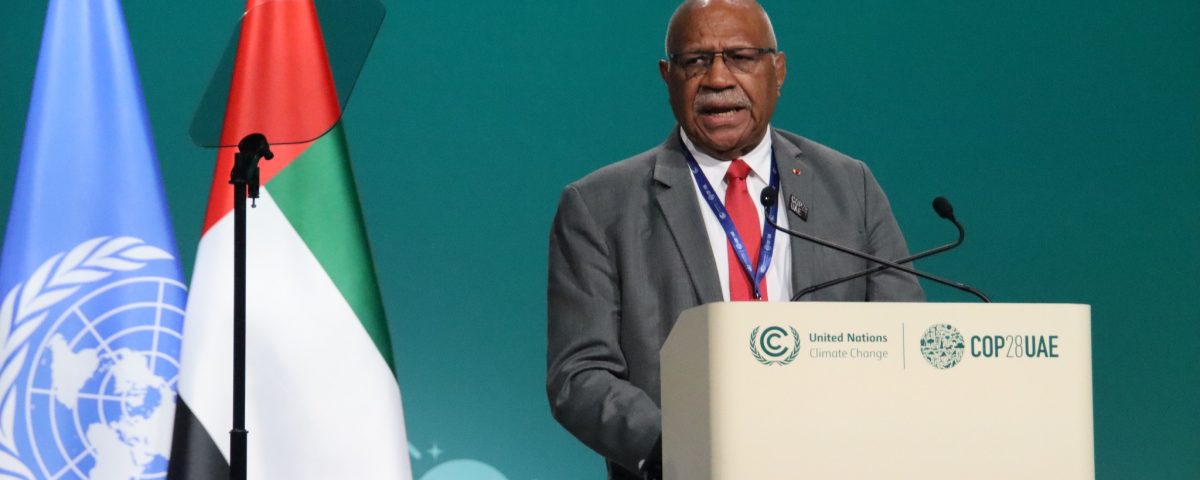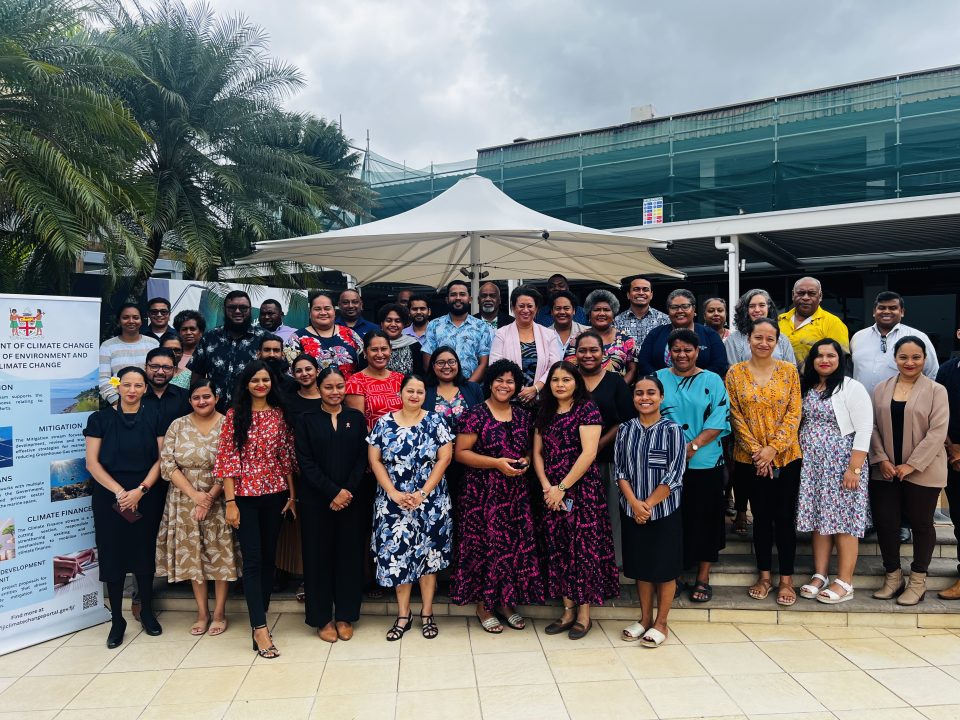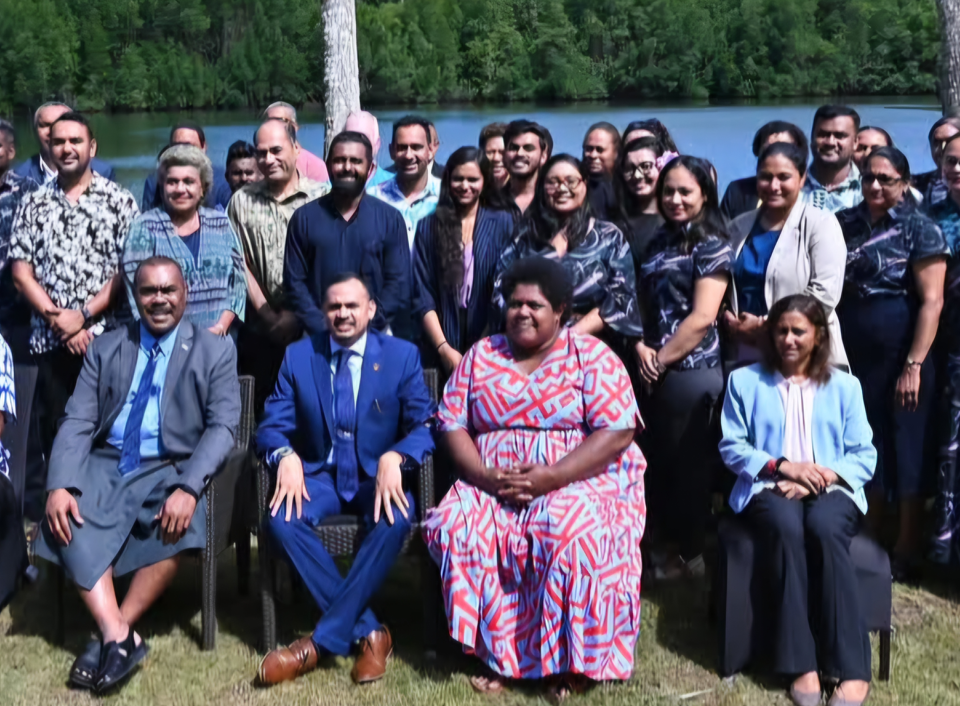
APEC leaders urged to take serious measures to increase climate actions
23/11/2023
Blog: Climate Action and Sustainable Development – Aligning the Paris Agreement and Agenda 2030
09/01/2024Prime Minister Sitiveni Rabuka delivered a compelling national statement at the COP28 Leaders’ Summit on 2nd December, 2023 in Dubai emphasizing the critical need for urgent and transformative action to combat the escalating climate crisis.
COP28 is recognised as a pivotal moment for humanity, demanding collective efforts to effectively respond to the pressing climate challenges.
The Prime Minister stressed the imperative of acting with urgency, stating that failure to do so would inevitably result in surpassing the 1.5 degrees Celsius temperature limit, a threshold deemed critical for the survival of Pacific nations.
“Climate change in the Pacific is not just an environmental challenge; it is the major threat to our very survival and our identity. We stand at a precipice, and our actions today will determine the future of our nations.”
Reflecting on his participation in the first Rio Earth Summit in 1992 as the Prime Minister, PM Rabuka expressed disappointment in the insufficient progress made over the past 28 years. Emissions, a core metric for evaluating the climate crisis, have dramatically increased, posing a severe threat to global sustainability and well-being.
“The rate of emissions is the core metric to take stock of, and respond to. It serves as the heartbeat of our planet, and our response hinges on our ability to curtail this critical metric. how we approach climate change, requiring bold decisions and steadfast commitment to safeguard our planet.”
Identifying climate change as the major threat to the Pacific’s survival and identity, PM Rabuka declared that humanity is at a breaking point.
He reiterated his commitment to championing the Pacific as a “Zone of Peace,” emphasising the collective responsibility to combat climate change and preserve the environment.
“I will continue to champion the call for the Pacific to be a ‘Zone of Peace.’ In this collective commitment, we recognize our shared responsibility to combat climate change and preserve the environment for generations to come.”
The Prime Minister called for a transformational response, urging a just transition that ensures global emissions peak before 2025, aligning with the goal of limiting global temperature rise to below 1.5 degrees Celsius.
He underscored the importance of a gender-responsive approach in achieving a just transition, recognizing the linkages between unpaid care and climate change.
“Let us not forget that ‘just transition’ encompasses gender responsiveness. Recognizing the linkages between unpaid care and climate change is integral to ensuring an equitable and sustainable future.”
‘We must ramp up our adaptation efforts by doubling adaptation finance by 2025. This commitment reflects our dedication to building resilience in the face of climate change, particularly for the most vulnerable communities.”
“We welcome progress made this week in the establishment of the Loss and Damage fund. Urgency is paramount, and the fund should be more targeted to address the unique challenges faced by Small Island Developing States, the most exposed and vulnerable.”
Highlighting the substantial financing needs estimated by experts, Prime Minister Rabuka called for a herculean effort to mobilise accessible and cost-effective financing and investments, stressing the crucial role of multilateralism in shaping our collective future.
Experts estimate that over US$4 trillion will be needed annually by 2030 to manage the impacts of climate change. This staggering figure underscores the herculean effort required to mobilize financing and investments for a sustainable future.”
The Prime Minister concluded by emphasising the unequivocal science behind the 1.5 degrees Celsius threshold for the Pacific and called for bold decisions to move towards the phasing out of fossil fuels.






